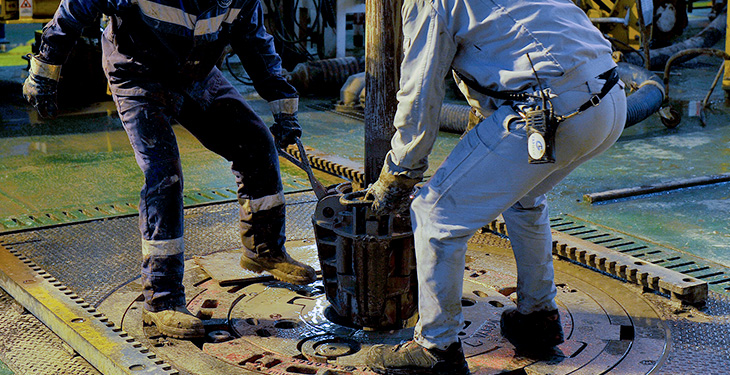Oilmen demand public policies to encourage investments in the sector, to increase the role of industry in the development of the national economy and for the efficient protection of vulnerable energy consumers, according to a release of the Romanian Oil and Gas Employers’ Federation FPPG. The Romanian oil and gas sector once again calls on the Parliament and the Government to ensure a transparent, stable and predictable regulatory framework for the benefit of consumers, the state and investors.
“We support the accessibility of natural gas for Romanian final consumers. This is possible by increasing competition in the retail market of domestic customers, as well as adapting the level of protection granted to those vulnerable consumers. Next, we reiterate the need to encourage investments in the upstream sector in Romania. Once we succeed in improving Romania’s interconnections with the natural gas market in the European Union, the dependence on the quantities of natural gas transported through Ukraine will be considerably reduced. Continuing the work on the BRUA pipeline will mean fulfilling this commitment and will increase the interconnections between the Romanian and the European natural gas market. In order to make the final investment decisions regarding the natural gas in the Black Sea, then it is necessary to predict the regulatory framework, market liberalization, interconnections and fiscal stability. With the recent gas discoveries, Romania has an opportunity that few states have: to ensure their energy independence and to have access to clean, versatile and sustainable energy sources.” says Franck Neel, President of FPPG.
Since 1990, the Oilman’s Day has been celebrated every year on September 8th. At the initiative of the Petrom Free and Independent Trade Unions Federation, the Oilman’s Day is organized under the patronage of Saint Mary, chosen as the protector of the oil workers and is dedicated to the personnel in the oil industry, those working in the drilling, extraction, processing and research of oil and natural gas.
Romanian oil history pages
Romania has a history of oil of 152 years, history full of world premieres and extraordinary results. In 1857 Romania registered three world premieres: the first country in the world with an oil production of 275 tons, followed by the USA in 1859, Italy in 1860, Canada in 1862 and Russia in 1863, Bucharest the first city in the world illuminated with oil and Mehedinteanu brothers refinery, the first refinery in the world, established in Prahova county, in Ploiești. Also in Ploiești is the University of Oil and Gas, an institution of higher education in the oil field, established over 70 years ago, but also the National Oil Museum established in 1959.
Also Romania was the first country in the world to export gasoline (1900) and the first country to establish a school of master drillers (1904).
In 1937, Romania ranked 7th in the world and continued to attract the attention of the world with inventions and premieres that would remain in the history of oil exploitation. One of these great achievements belongs to the company ”Creditul Minier”: in 1934, at Chitorani, the depth of 3300 meters was reached, the second in the world, after the absolute world record of 3458 meters recorded in California.
We should also mention the technical contributions made by the Romanian inventors. Engineer Virgiliu Tacit invented the eruption preventer, and Engineer Ion Basgan patented in 1934 an extraction procedure that bears his name, used after 1944, not only in Romania, but also in the USA.
As for the natural gas sector in Romania, it has a history of 110 years, the first natural gas emissions were discovered in Sărmășel, Mureș county in 1909. The year 1910 marks the first intention in Europe of gas transportation, completed in 1914 with the first natural gas transport pipeline in Europe, from Sărmășel to Turda, at a distance of 55 km, and in 1915, the first European company, the Ungarische Erdgas Gesellschaft (UEG), was set up, with the exclusive object of activity: exploration, drilling, exploitation, transportation and distribution of natural gas from the Transylvanian basin.
